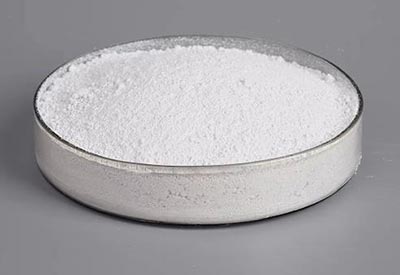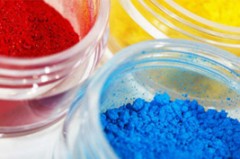Application
How toxic is barium sulfate?
Barium sulfate (BaSO₄) is generally considered non-toxic and is commonly used in medical imaging procedures, particularly in barium swallow and barium enema tests to enhance the contrast of images. This compound is safe for ingestion and does not dissolve in water, which minimizes the risk of it being absorbed into the bloodstream.
Here are some key points about barium sulfate's safety and toxicity:
Non-Toxic Nature: Barium sulfate is insoluble in water and does not react with body fluids, making it biologically inert. As a result, it passes through the gastrointestinal tract without being absorbed.
Medical Uses: In radiology, barium sulfate is used as a contrast agent to visualize the digestive system in X-ray imaging. It highlights structures and abnormalities in the esophagus, stomach, and intestines.

Precautions: While barium sulfate itself is non-toxic, it is important to ensure it is not contaminated with soluble barium compounds, which can be toxic. In medical applications, high-purity barium sulfate is used to avoid such risks.
Side Effects: Some individuals may experience minor side effects from barium sulfate ingestion, such as constipation or abdominal discomfort. These effects are typically temporary and manageable.
Environmental and Occupational Exposure: In industrial settings, inhaling dust containing barium sulfate can be a concern. Although it is less toxic than other barium compounds, inhalation of fine particulate matter should be minimized to prevent respiratory issues.
In summary, barium sulfate is considered safe for use in medical imaging and other applications, provided it is of high purity and handled appropriately.




